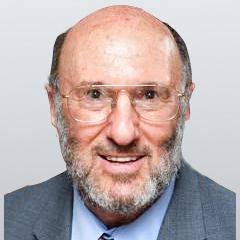Commentary
Darrell E. Brooks Jr. is accused of driving his SUV into a crowd of people. He allegedly killed six, and wounded over 60 others in Waukesha, Wisconsin. If found guilty, he deserves to be punished to the full extent of the law. Lock him up and throw away the key, would be the view on this matter of most decent people.





